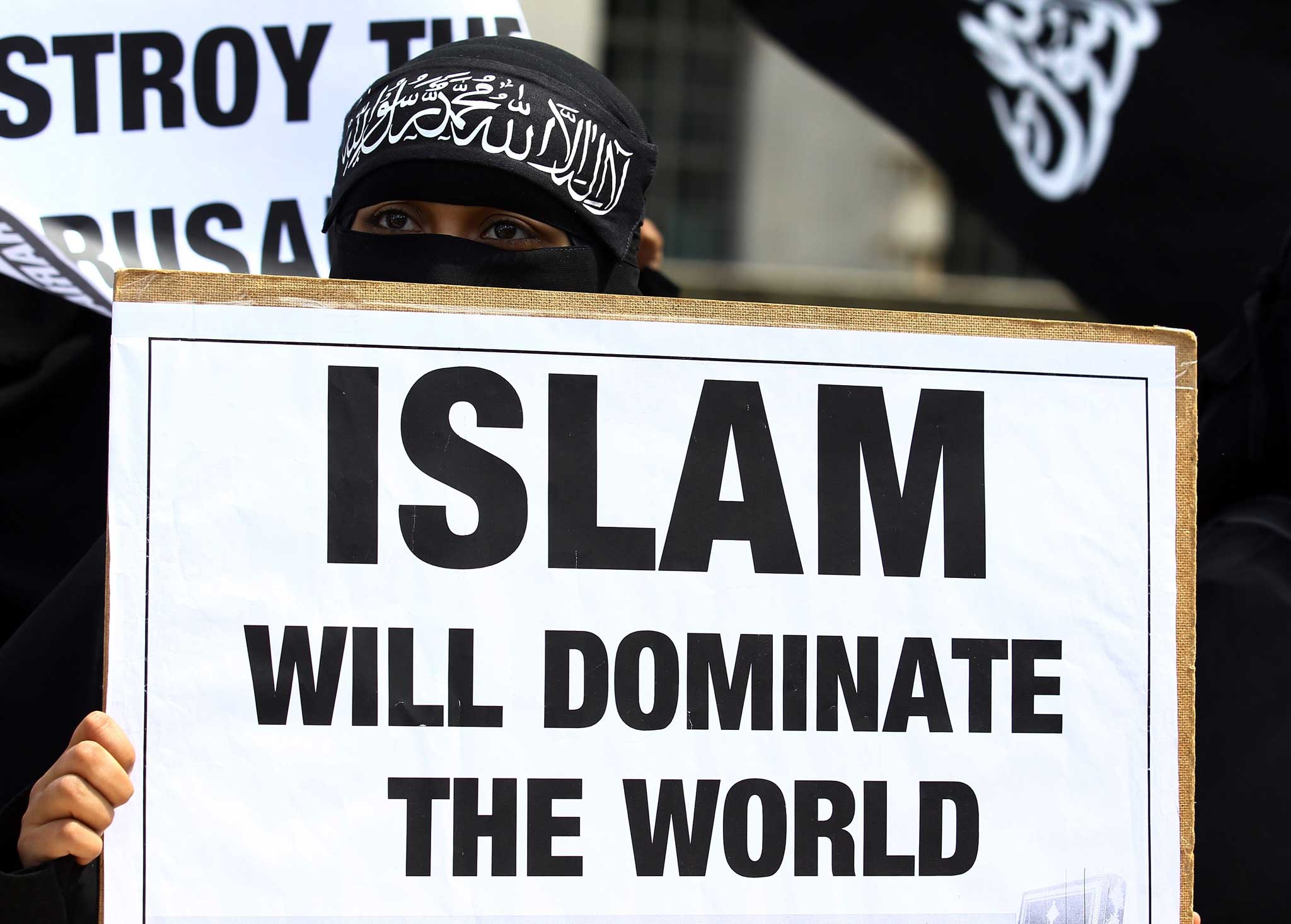New counter-extremism strategy ‘could make fight even harder,’ MPs warn
Report says controversial Prevent strategy, intended to steer young Muslims away from extremism, should be reviewed

Your support helps us to tell the story
From reproductive rights to climate change to Big Tech, The Independent is on the ground when the story is developing. Whether it's investigating the financials of Elon Musk's pro-Trump PAC or producing our latest documentary, 'The A Word', which shines a light on the American women fighting for reproductive rights, we know how important it is to parse out the facts from the messaging.
At such a critical moment in US history, we need reporters on the ground. Your donation allows us to keep sending journalists to speak to both sides of the story.
The Independent is trusted by Americans across the entire political spectrum. And unlike many other quality news outlets, we choose not to lock Americans out of our reporting and analysis with paywalls. We believe quality journalism should be available to everyone, paid for by those who can afford it.
Your support makes all the difference.Ministers risk “driving a wedge” between communities by targeting new anti-extremism measures at religious conservatives, a parliamentary report has warned.
The Joint Committee on Human Rights urged the Government to reconsider the counter-extremism strategy currently under development, warning that it risked making the situation worse. And it said the controversial Prevent strategy, intended to steer young Muslims away from extremism, should be reviewed.
Progress on a new Counter-Extremism Bill appeared to have “stalled or even gone backwards” since plans were first announced in May 2015, with ministers apparently backing away from proposals for Banning Orders and Extremism Disruption Orders to target radical groups and individuals, the report said.
The committee found that ministers' proposals were based on an assumption that there was an “escalator” of radicalisation which began with religious conservatism and ended with support for violent jihadism, and that extremism could therefore be tackled by imposing restrictions on religious conservatives.
But the report warned that this link was “by no means proven or agreed”, and warned that ministers' aims should be “to tackle extremism that leads to violence, not suppress views with which the Government disagrees”.
The committee said it was concerned that any new legislation targeting conservative religious views - including beliefs regarded as homophobic or misogynistic by many Britons - was likely to end up either discriminating against Muslims or being used indiscriminately against evangelical Christians, Orthodox Jews and other groups which have no record of encouraging violence.
There was “a degree of confusion” in the Government's definition of the term “extremism”, which was likely to prove “unworkable” in legislation, the report warned.
And it raised concerns about proposals to require universities to prevent the expression of extremist views, stating: “We believe that free speech is precious, particularly in universities, and should not be undermined.”
With the Government promising a Counter Extremism and Safeguarding Bill in the Queen's Speech in May, the committee warned that ministers should only introduce new legislation if it could show there was a “significant gap” in existing powers.
Committee chair Harriet Harman said: “Would applying counter-extremism measures to specifically Islamic religious conservatism in the cause of tackling violence be acceptable discrimination or would it give rise to justified grievance?
“The most precious asset in the fight against terrorism is the relationship between the authorities and the Muslim communities of this country.
“We must guard against any undermining of the relationship between the authorities and Muslim communities, which would make the fight against terrorism even harder.”
She warned: “The difficulty around these issues should lead the Government to tread with great care, for fear of making the situation worse, not better.”
PA